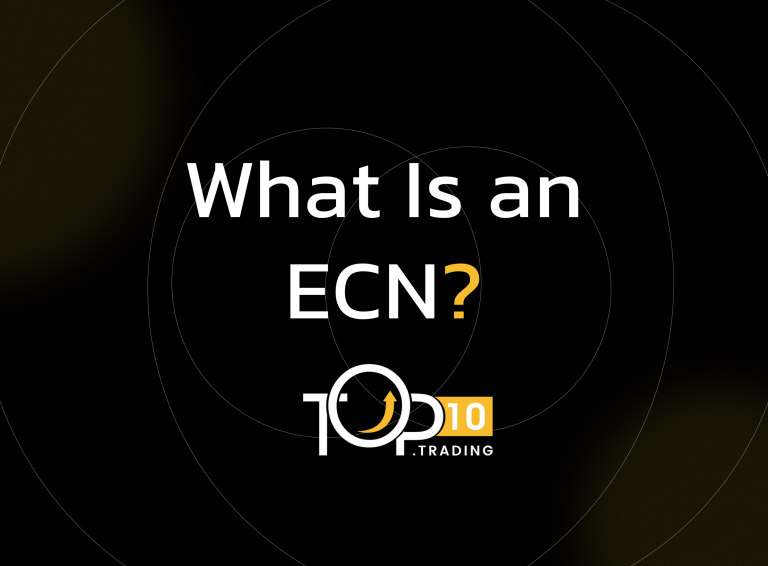ECN Definition

An Electronic Communication Network (ECN) is a computerized trading system that facilitates the direct matching of buy and sell orders for financial products such as stocks, currencies, and CFDs, outside traditional stock exchanges. ECNs connect market participants—including individual traders, institutional investors, and brokerages—allowing them to trade directly with each other without intermediaries like market makers or brokers acting as middlemen.
Key Takeaways
- An Electronic Communication Network (ECN) is an electronic system that matches buy and sell orders directly between market participants without intermediaries.
- ECNs increase market efficiency by providing faster execution, greater transparency, and extended trading hours.
- They are widely used for trading stocks, forex, and CFDs.
- ECNs charge small transaction fees and offer access to real-time order books showing market depth.
- Trading via ECNs reduces conflicts of interest and often results in better pricing for traders.
How ECNs Work
- Order Matching: ECNs automatically match buy and sell orders based on price and quantity. When a matching order is found, the trade is executed instantly.
- Order Book: Unmatched orders are displayed in a real-time order book accessible to all participants, showing the depth of market interest.
- Anonymity and Transparency: Trades occur anonymously, with the ECN itself listed as the counterparty, enhancing privacy and fairness.
- Extended Trading Hours: ECNs enable trading beyond traditional exchange hours, allowing investors to react to after-hours news and events.
- Access: To trade on an ECN, one must be a subscriber or use a broker that provides direct ECN access.
Key Features of ECNs
- Decentralized Trading: Unlike centralized exchanges, ECNs operate electronically without a physical trading floor.
- Lower Transaction Costs: By eliminating intermediaries, ECNs reduce spreads and commissions, often charging only a small per-share or per-trade fee.
- Increased Competition: ECNs aggregate orders from multiple participants, increasing liquidity and improving price discovery.
- Support for Limit Orders: ECNs primarily handle limit orders, which specify the maximum or minimum price at which a trader is willing to buy or sell.
Advantages of ECN Trading
- Faster Execution: Automated matching speeds up trade execution.
- Greater Transparency: Real-time order books provide insight into market depth.
- Better Pricing: Aggregation of multiple participants’ orders often results in tighter bid-ask spreads.
- Access to Global Markets: Traders from different geographic locations can trade seamlessly.
- Reduced Conflict of Interest: Since ECNs do not act as market makers, there is less risk of broker conflicts.
Considerations and Costs
- ECNs may charge access fees or commissions, which can increase trading costs.
- Some ECNs cater primarily to institutional traders, while others serve retail investors.
- Trading on ECNs requires compatible platforms and sometimes higher minimum account sizes.
- By using ECNs, traders gain direct market access, improved liquidity, and enhanced transparency, making ECN trading a popular choice for both retail and institutional investors seeking efficient and cost-effective execution.
